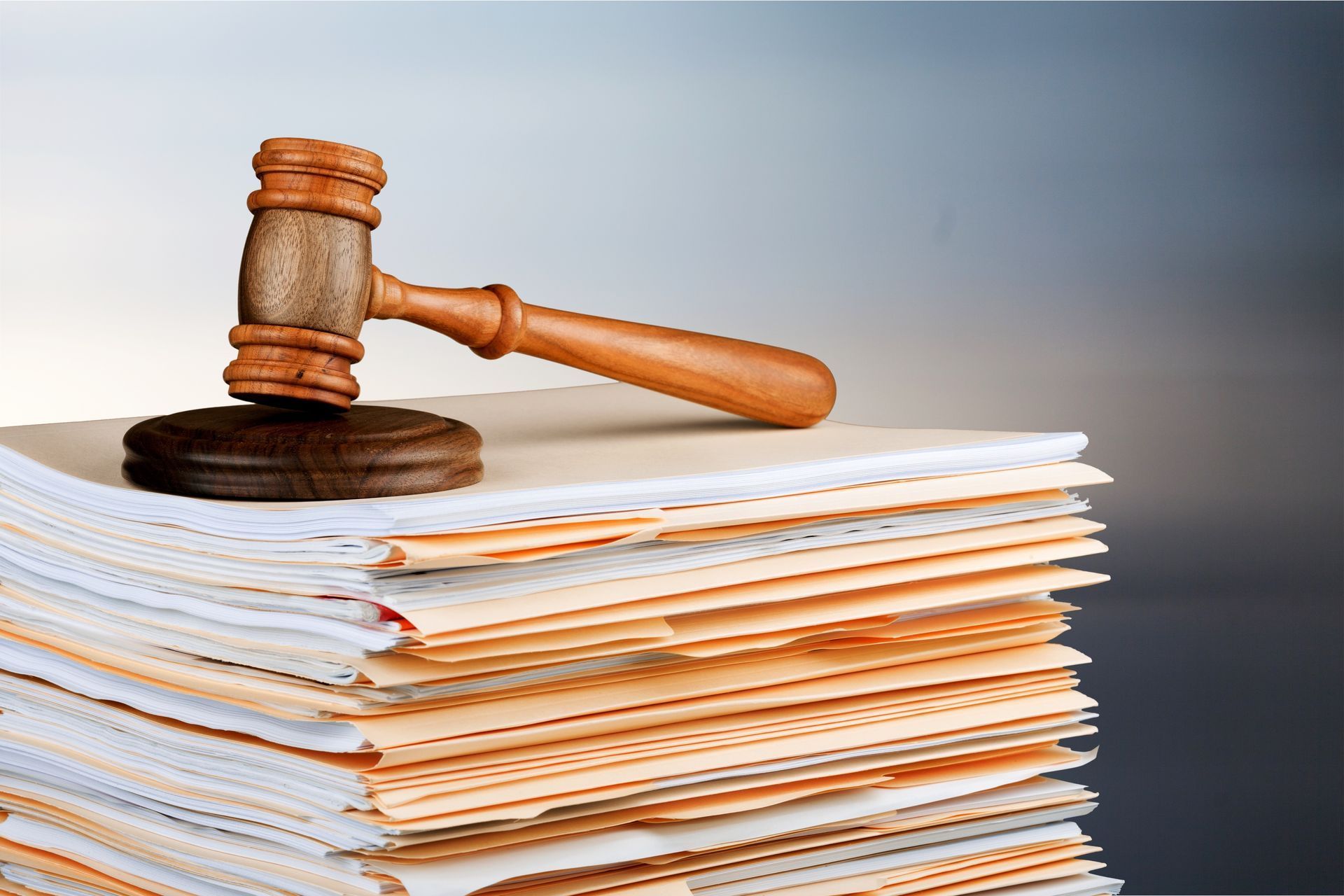Contact Us
Phone: 856-281-2431
Location
427 North Packard Street
Hammonton, NJ, 08037
Hours
- Mon - Fri
- Open 24 Hours
- Sat - Sun
- Closed
Chapter 7 vs Chapter 13 Bankruptcy: Which is Right for You?
Chapter 7 Vs Chapter 13 Bankruptcy: Which Is Right For You?
Are you facing financial troubles and finding it hard to pay off your debts? Are you considering bankruptcy but have no idea about the process and which chapter to file? Well, bankruptcy can be a daunting and complex process, but it can also be your chance to reset your finances. Before you make any decisions, it is crucial to understand the difference between the two most common types of bankruptcies: Chapter 7 and Chapter 13. In this blog, we will discuss the essential differences between Chapter 7 and Chapter 13 bankruptcy and who should file for Chapter 13.
Chapter 7 bankruptcy, also known as liquidation bankruptcy, is best for people with a low income and limited assets. With this type of bankruptcy, the court can order the discharge of most debts, except for student loans, tax debts, and child support. To qualify for Chapter 7 bankruptcy, you must pass the means test and prove that your income is less than the state median income. During the process, your non-exempt assets will be sold to pay off your creditors. The process usually takes three to six months, and your debts will be discharged at the end. However, keep in mind that Chapter 7 bankruptcy can be challenging to qualify for, and the process can affect your credit score for up to ten years.
On the other hand, Chapter 13 bankruptcy, also known as a reorganization bankruptcy, is best for individuals with a regular income who can pay off their debts but need time and assistance in doing so. With Chapter 13 bankruptcy, you can reorganize your debts into a repayment plan that usually lasts three to five years. The repayment plan is based on your income and living expenses, and you can keep your assets. This type of bankruptcy is suitable for people facing foreclosure, tax debts, or those who have large amounts of non-exempt assets they want to protect. However, the process is much longer and more complicated than Chapter 7, and not everyone qualifies for Chapter 13 bankruptcy.
Who Should File For Chapter 13 Bankruptcy?
In general, individuals who have a stable income and significant non-exempt assets should consider filing for Chapter 13 bankruptcy. Chapter 13 allows you to keep your assets while repaying your debts over time, making it a practical solution for people with high-value assets, such as a home or a car. It is also the right choice for people who want to avoid foreclosure and catch up on their missed mortgage payments. Additionally, Chapter 13 bankruptcy can benefit individuals with tax debts, as it gives them more time to repay their debts and may even result in a reduced payoff amount.
Bankruptcy is not a decision to take lightly, and it can be a complex and daunting pursuit. Knowing the difference between Chapter 7 and Chapter 13 bankruptcies is crucial in determining which option is best for your situation. If you live in New Jersey and are considering filing for bankruptcy, Carroll Law Firm, P.C is here to help. Our team has substantial experience in handling bankruptcy matters and can help you navigate the process smoothly. Contact us today for a free consultation and learn more about how we can assist you with your bankruptcy case.
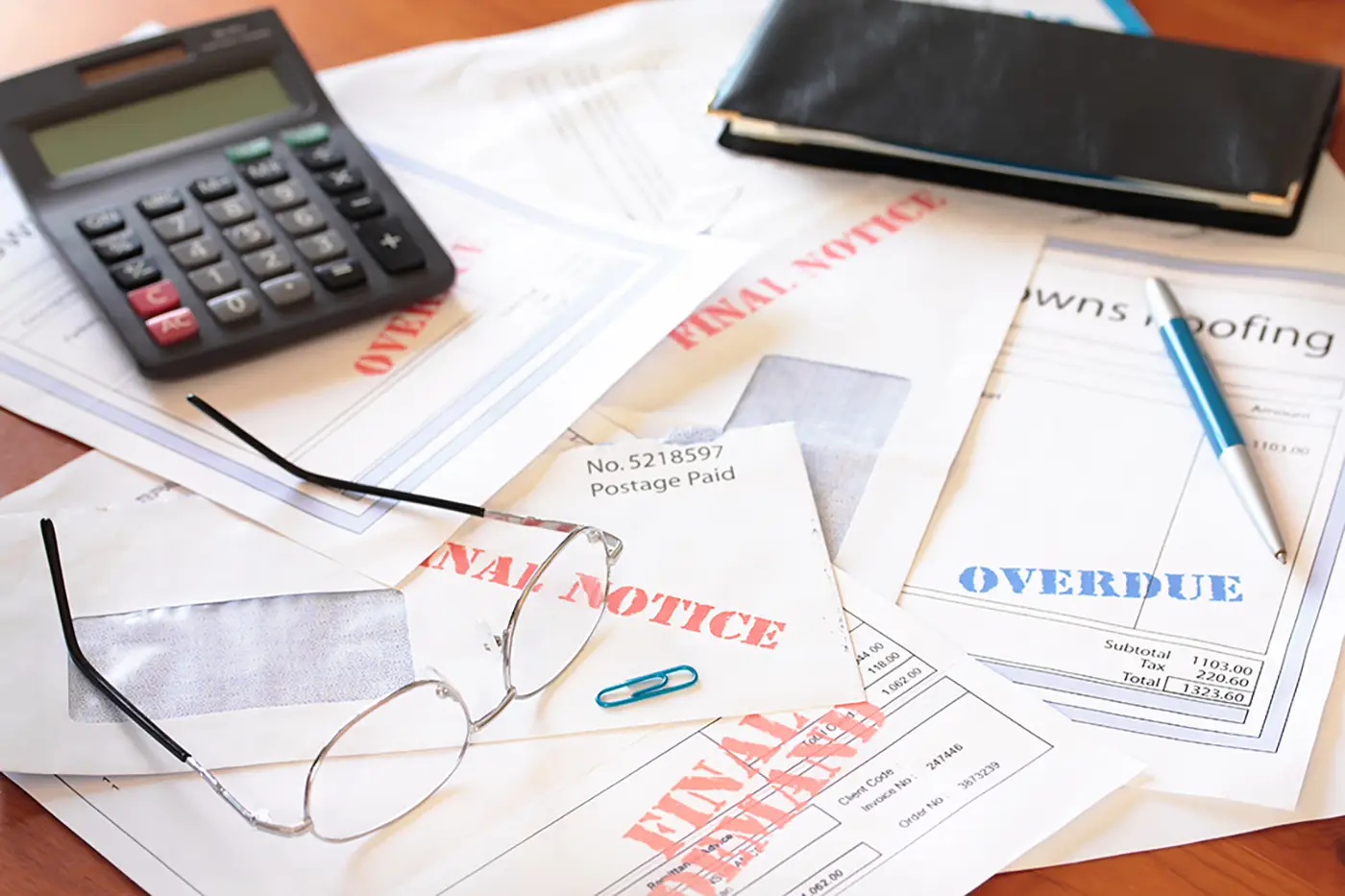
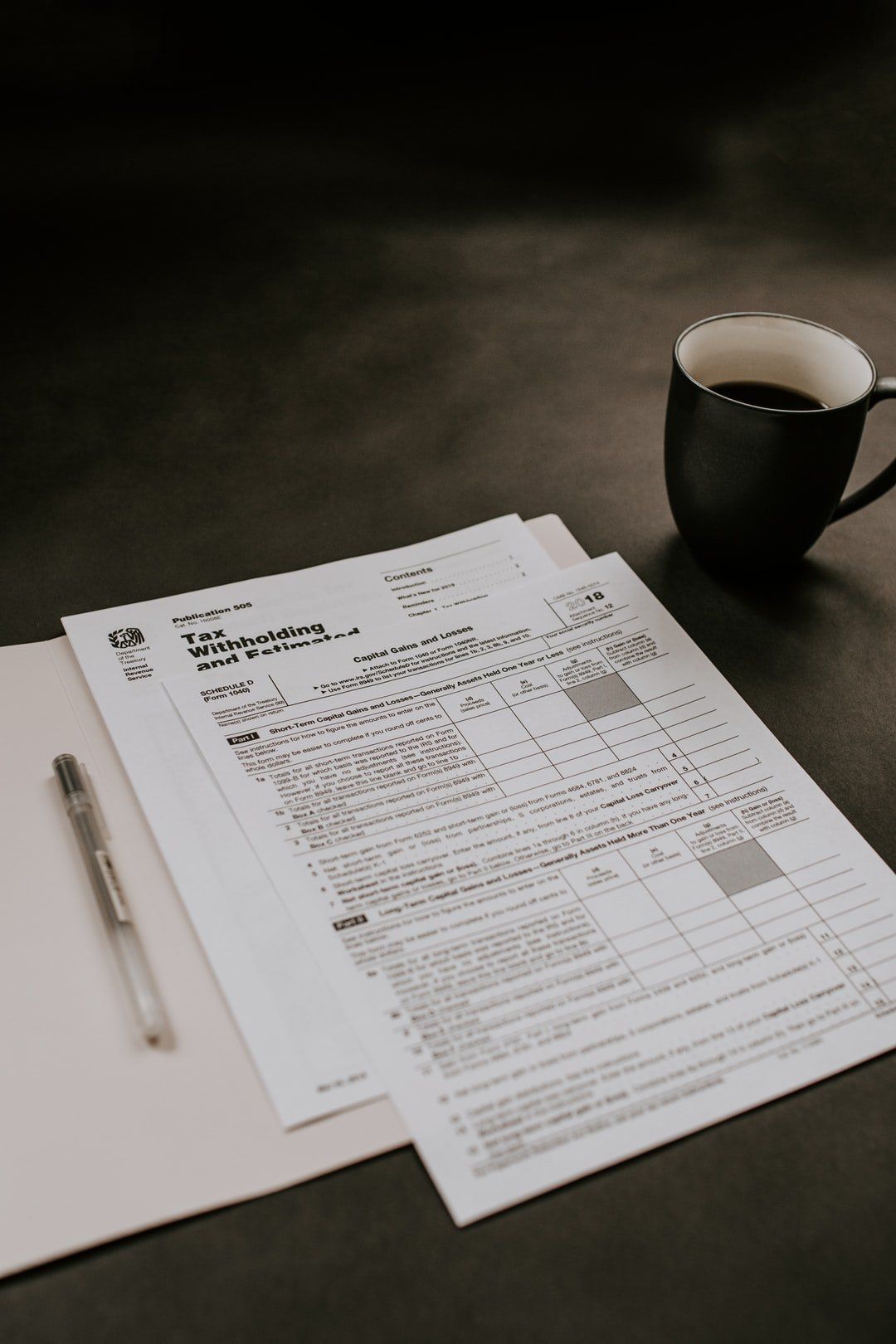
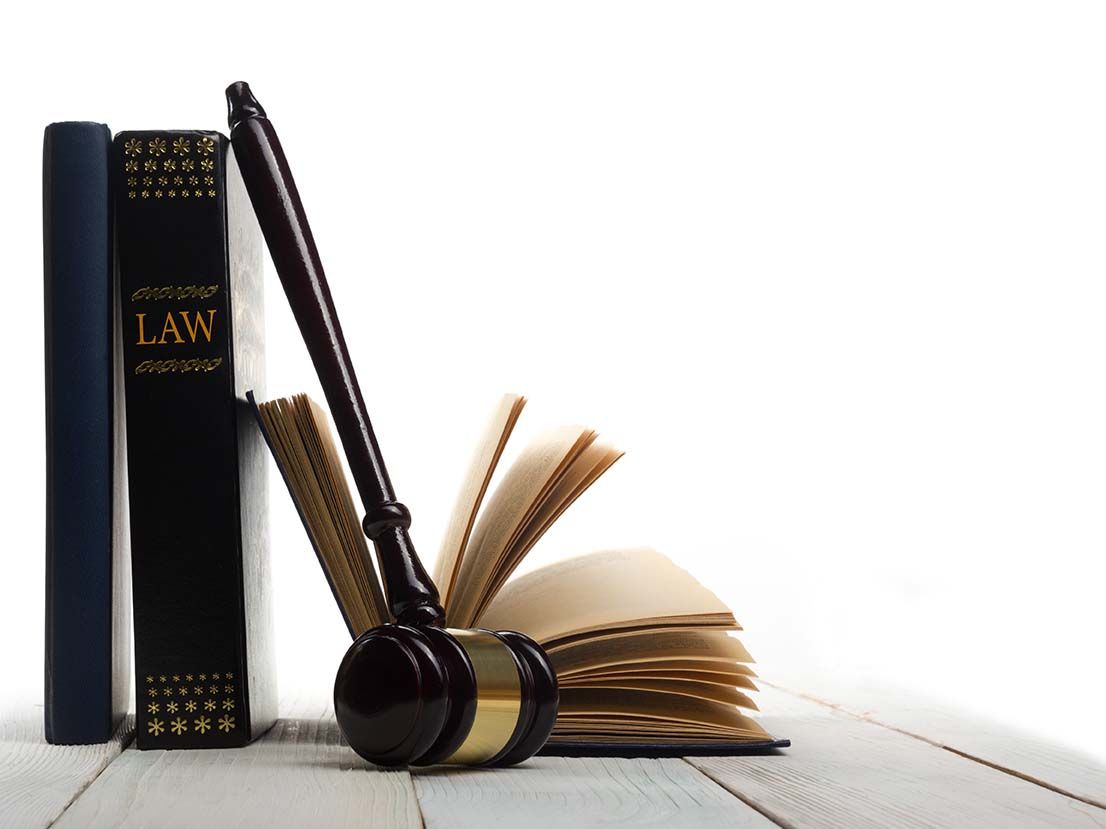
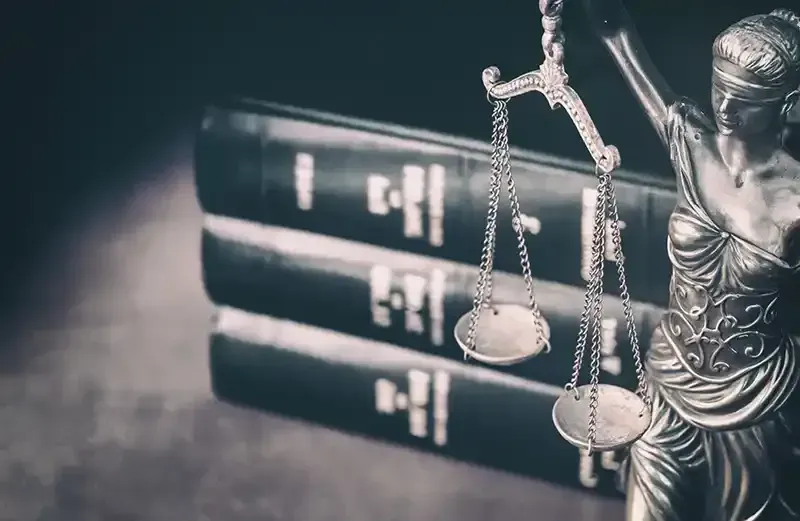
Schedule a Case Evaluation
Contact us now!
Homepage FCE Form
We will get back to you as soon as possible.
Please try again later.
By submitting this form, you agree to be contacted by our law firm, either by phone, text or by email.
Hours
- Mon - Fri
- -
- Sat - Sun
- Closed
Disclaimer: We are a federally designated debt relief agency. We help people file for relief under the United States Bankruptcy Code. We are a federally designated debt relief agency. We help people file for relief under the United States Bankruptcy Code. Before making your choice of attorney, you should give this matter careful thought. The selection of an attorney is an important decision. If this information is inaccurate or misleading, report same to the Committee on Attorney Advertising, Hughes Justice Complex, P.O. Box 037, Trenton, New Jersey 08625.
The information on this website is for general information purposes only. Nothing on this site should be taken as legal advice for any individual case or situation. This information is not intended to create, and receipt or viewing does not constitute an attorney-client relationship.
All Rights Reserved | Carroll Law Firm, P.C | Powered By Convert It Marketing | Privacy Policy
All Rights Reserved | Carroll Law Firm, P.C | Powered By Convert It Marketing | Privacy Policy





